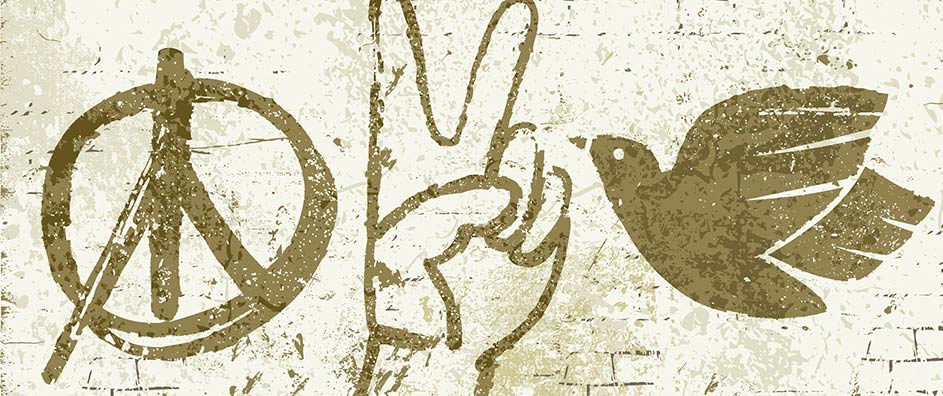Building and sustaining peace in societies undergoing violent conflict remains a formidable challenge for humanity.
The Baha’i teachings say that:
The gift of God to this enlightened age is the knowledge of the oneness of mankind and of the fundamental oneness of religion. War shall cease between nations, and by the will of God the Most Great Peace shall come; the world will be seen as a new world, and all men will live as brothers. – Abdu’l-Baha, Abdu’l-Baha in London, pp. 19-20.
In recent years, to advance this noble cause of unity and peace, a growing number of governments and non-governmental organizations interested in advancing peace-building efforts in conflict-afflicted societies have focused on the relationship between the resilience of local populations and the capacity for a successful transition to peace.
Recently in the context of the Global Strategy of the European Union on Foreign and Security Policy, a call for contributions on the theme of resilience was issued. In response, the Brussels Office of the Baha’i International Community (BIC) submitted a statement titled Peace and Resilience: Engaging Effectively at the Local Level.
The BIC statement addresses the importance of appreciating and drawing on local capacities within a population:
One of the defining characteristics that has emerged in the conversation on resilience is the attempt to look for existing sources of strength and capacity at the local level within conflict-affected societies and seek to build on these as a vehicle for lasting transformation.
While insights and resources from international actors are essential, a strength-based framework will recognize that peace is not transposed from outside, but must be driven by constructive sources within.
Drawing on the points above, the BIC argues that local communities should be seen as the drivers of their own peace-building efforts, from the conception of a process through its implementation and follow through. While it states that peace cannot be imposed on any group from the outside, the document also acknowledges the critical role of international interventions in empowering societies facing conflict. According to the BIC, what is important in these interventions is the attitude:
The particular posture adopted is instrumental in creating a climate in which local skills, knowledge and capacities can develop and find full expression. A truly participatory form of engagement allows peace-building processes to draw on the understanding of those who have insights into their immediate social reality, appreciate cultural dynamics and concerns, are able to identify and navigate existing local networks, and can discern needs and opportunities.
The BIC’s contribution comes at a time when Baha’is worldwide are gaining new insights about the development of vibrant and harmonious communities. At the heart of their efforts is the conviction that local populations should and can support their own material and spiritual advancement.
“The experience of the Baha’i community, while modest, is yielding some very important insights,” comments Rachel Bayani, representative of the BIC. “We are finding that to create the societal conditions as well as the individual and collective commitment to peace-building requires the cultivation of spiritual capacities. For instance, it is critical that we learn how to build the capacity to forgive others after being profoundly wronged, or to sacrifice short-term gains that may only profit a few for the benefit of the whole, including taking actions for the prosperity of generations to come.
“Ultimately, the goal of peace-building should be to address the underlying conditions that caused the conflict in the first place. For this to happen, the different segments of society have to learn to see that they are interdependent—that they are not inherently in conflict with each other. They need to see their diversity as an opportunity, rather than as a threat.”
… minds are advancing, perceptions are broadening, realizations of human possibilities are becoming universal, susceptibilities are developing, the discovery of realities is progressing. Therefore, it is necessary that we should cast aside all the prejudices of ignorance, discard superannuated beliefs in traditions of past ages and raise aloft the banner of international agreement. Let us cooperate in love and through spiritual reciprocity enjoy eternal happiness and peace. – Abdu’l-Baha, The Promulgation of Universal Peace, pp. 379-380.
















Comments
Sign in or create an account
Continue with Googleor